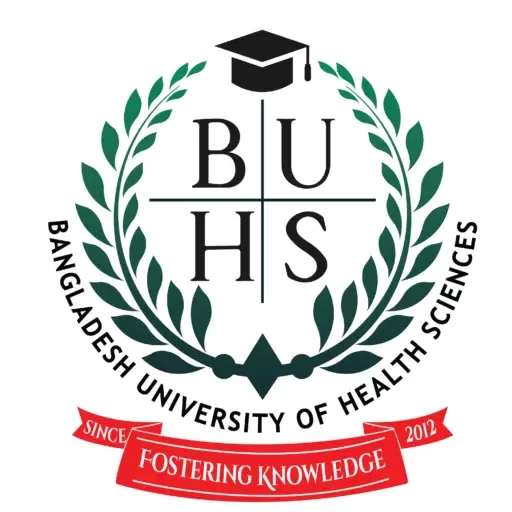Microbial Contamination in Different Water Sources in Dhaka City
- Keywords: Water pollution, Faecal coliform, quality of water.
Abstract
ABSTRACT
Background: Water pollution is one of the significant dangers to the general well-being of Bangladesh. Drinking water sources are
contaminated with coliforms. This study was done to investigate the proportion of microbial water pollution in selected areas of Dhaka city.
Methods: This was a Cross-sectional study conducted among a total of 89 water samples were collected from a variety of sources as
follows: 5 samples from WASA deep tube-well, 52 from Residential water samples (26 Tap water and 26 Filter water), 6 from Rivers, and
26 from Mineral water (12 from 250ml Bottled & 14 from 20LContainer).
Results: Fecal coliform was found in 23.0% of household tape water, 3.8% of household filter water,14.3% in container water before
serving, (14.3%) in container water during serving, and in all (100%) samples from rivers. All the river water (100%), 69.2% of household
tape water, 42.3% of household filter water, 28.6% of 20-liter container water before serving, and 85.7% during serving were unsatisfactory
(MPN> 180/100 ml of water). On the other hand, 7.7% of household tape water and 34.6% of household filter water, all bottled mineral
water, and all samples from a deep tube well were of grade “excellent”.
Conclusions: All of the River water, most of the household tap water, and 20-liter container water during serving were unsatisfactory.
Bacteriological assessment of all water sources for drinking should be planned and conducted on a regular basis.
Keywords: Water pollution, Faecal coliform, quality of water.
